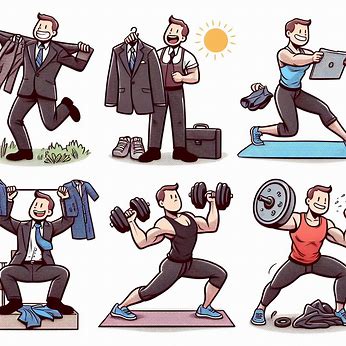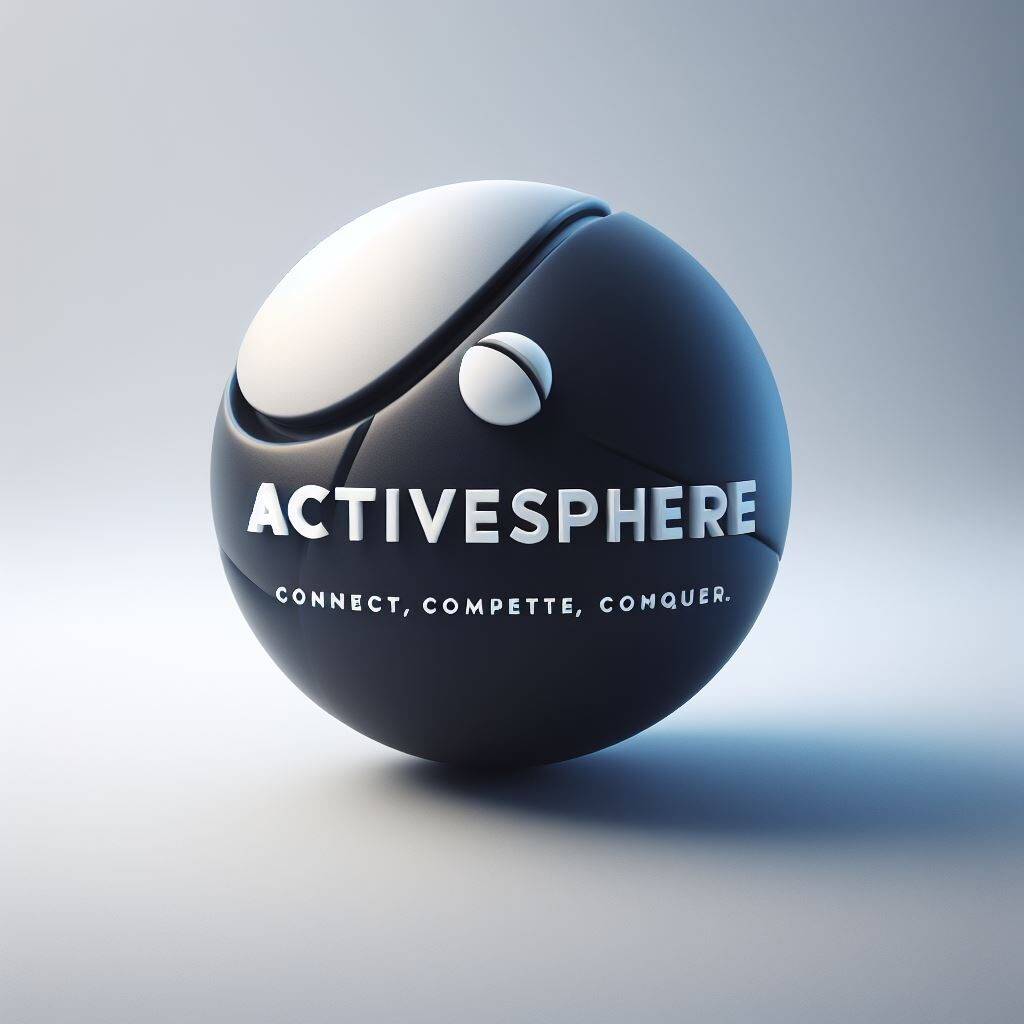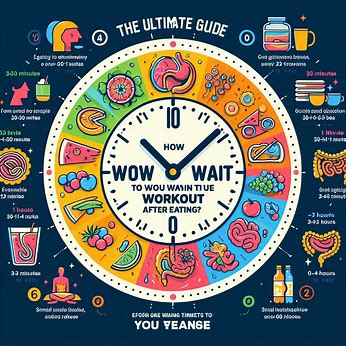Intro to How Long Should You Wait to Work Out After Eating?
When it comes to exercise, timing matters. Whether you’re hitting the gym, going for a run, or practicing yoga, understanding how long to wait after eating can significantly impact your performance and overall well-being. In this article, we’ll explore the science behind post-meal exercise and provide practical guidelines for finding the right balance.
1. The Digestion Process

Digestion is a complex process that involves breaking down food in the stomach and small intestine. On average, it takes about 2 to 4 hours for a meal to be fully digested. During this time, nutrients are absorbed, and energy is released. However, exercising too soon after eating can interfere with digestion and lead to discomfort.
2. Balancing Energy Stores

Before a workout, many people wonder whether they should eat or exercise on an empty stomach. The answer lies in balancing energy stores. Here’s what you need to know:
- Topping Off Energy: Some individuals prefer to eat before exercising to ensure they have enough energy. Carbohydrates and protein play a crucial role in fueling workouts.
- Individual Variation: Keep in mind that individual needs vary. While some thrive on a light snack before exercise, others perform better on an empty stomach.
3. Timing Guidelines

The ideal waiting time depends on the size of your meal:
- Moderate-Sized Meal: Wait 1 to 2 hours after a moderate-sized meal. This allows for proper digestion and minimizes discomfort during exercise.
- Snack: If you’ve had a small snack, waiting at least 30 minutes is sufficient.
Remember that these are general guidelines, and individual tolerance may differ. Pay attention to your body’s signals.
4. Meal Size and Composition

The composition of your meal also matters:
- Fat and Fiber: High-fat or high-fiber meals take longer to digest. Consider waiting a bit longer if your meal is rich in these components.
- Protein: Including protein in your pre-workout meal can enhance muscle repair and recovery.
5. Potential Side Effects

Exercising too soon after eating can lead to several side effects:
- Bloating: A full stomach during exercise can cause discomfort.
- Nausea and Cramping: Digestive processes may interfere with physical activity.
- Reflux and Vomiting: Acid reflux can worsen during intense workouts.
- Diarrhea: Some individuals experience gastrointestinal distress.
Endurance athletes are particularly susceptible to these effects, so timing matters even more for them.
6. Tailoring to Exercise Type

Consider the intensity of your workout:
- Low-Intensity Exercise: If you’re doing light activities like walking or gentle yoga, waiting 30 minutes after a snack is sufficient.
- High-Intensity Exercise: For vigorous workouts, such as running or weightlifting, wait 1 to 2 hours after a meal.
7. Conclusion
In summary, listen to your body. Find your sweet spot by experimenting with different waiting times. Remember that everyone is unique, and what works for one person may not work for another. Prioritize comfort, performance, and overall well-being when deciding how long to wait before working out after eating.
Happy exercising! 🏋️♀️🍽️

